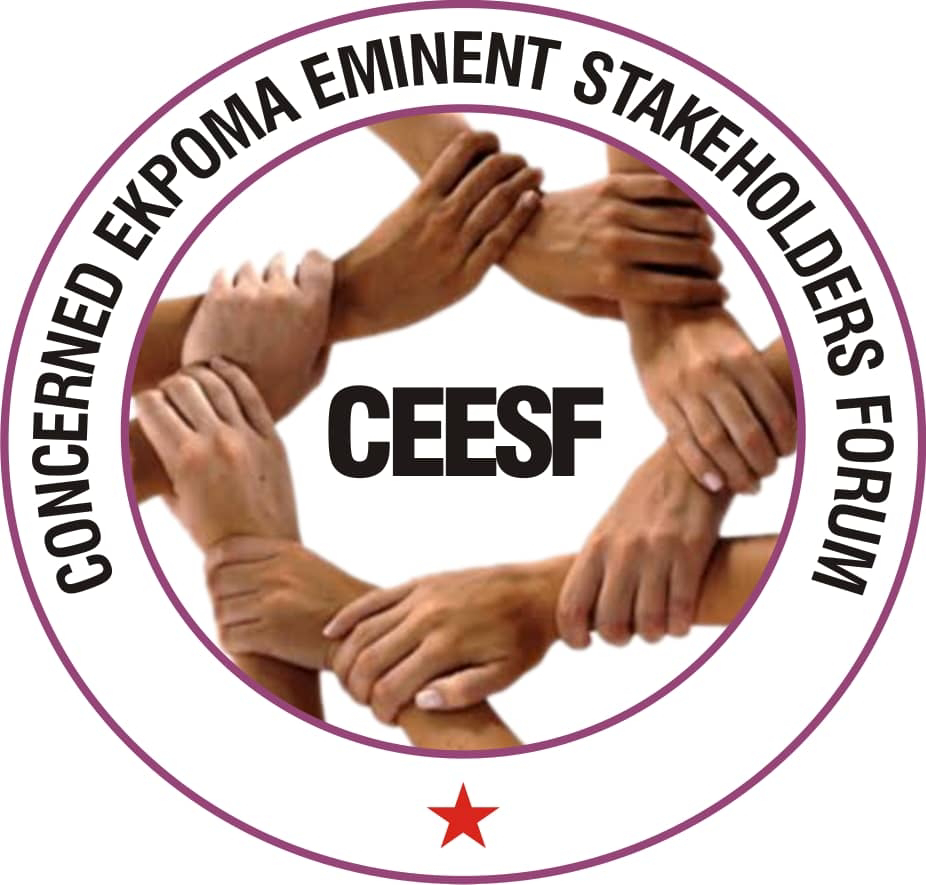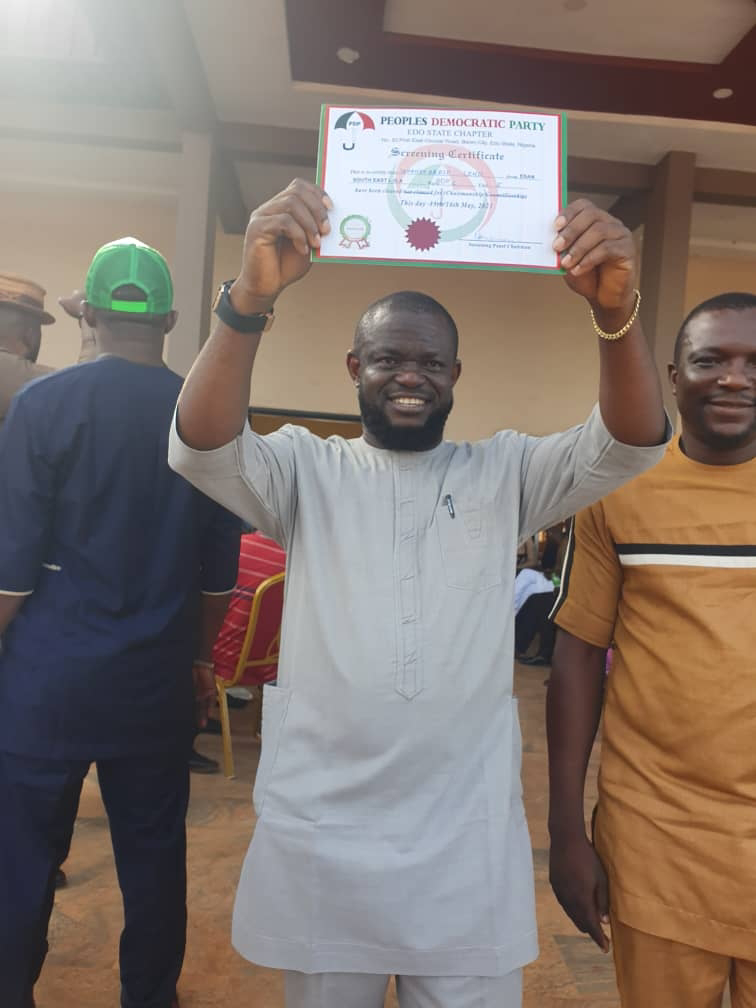ANEEJ Bemoans Appointment of Special Investigator for CBN
.....calls for strengthening of existing anti-corruption agencies
By Newscurve
A frontline anti-corruption watchdog in Nigeria and the anchor organisation of anti-corruption cluster of the Nigeria Strengthening Civic Advocacy and Local Engagement (SCALE) project, the Africa Network for Environment and Economic Justice (ANEEJ), has deplored the appointment of a Special Investigator for the operations of the Central Bank of Nigeria, a first step taken by the President Bola Ahmed Tinubu administration to tackle corruption; calling instead for the strengthening of existing anti-corruption agencies and empower them to play such roles and do so professionally.
In a statement by the Executive Director of ANEEJ, the Rev David Ugolor, welcome the move to fight corruption in critical public financial institutions such as the Central Bank of Nigeria, but appealed that established government institutions statutorily responsible for dealing with financial crimes in the country such as the Economic and Financial Crimes Commission (EFCC) and the Independent Corrupt Practices and Other Related Offences Commission (ICPC), must be strengthened by the Tinubu administration to holistically deal with the menace of corruption in the country.
While noting that ANEEJ has nothing personal about the appointment of the Chief Executive Officer of Financial Reporting Council of Nigeria, Mr. Jim Osayande Obazee, as a Special Investigator for the Central Bank of Nigeria (CBN) and other related entities and their capability to discharge the assignment given to them, Rev Ugolor pointed out that there is also the need to build strong public institutions to fight corruption and plug financial leakages in Nigeria.
It would be noted that the Africa Network for Environment and its SCALE partners last week organized a National Anti-Corruption Conference in Abuja which called on President Ahmed Bola Tinubu to roll out his anti-corruption plans for the country in a communique which detailed priority areas for the new administration to strengthen the fight against corruption in Nigeria.
“We wholeheartedly welcome President Ahmed Bola Tinubu administration’s commitment to fight corruption in accordance with provisions of section 15 (5) of the 1999 constitution of the Federal Republic of Nigeria (as amended), and it is a step in the right direction to foster continuity and sustenance of the Anti-corruption efforts of the previous administration; but we are of the strong opinion that the fight against corruption should not be politicized and perceived as witch hunting exercise".
“We are happy that President Tinubu has put the fight against corruption on the front burner and has taken a first step as promised during his campaign.
“We commend the President for the anti-corruption move and urge his administration to extend the anti-corruption fight to other MDAs to sanitize the system and block further leakages not only in the CBN and related Government Business Entities (GBEs) but across all MDAs”.
“ANEEJ recently carried out an assessment of Nigeria’s implementation of its commitment to the London Anti-Corruption Conference and the Global Forum on Asset Recovery (GFAR) commitments. Key findings from the assessment report on the implementation of anti-corruption commitments in Nigeria showed that actions need to be taken on several issues. Some laws have been enacted and certain actions need to be taken to drive their implementation. There are also pending laws (Whistleblower Protection Bill and Witness Protection Bill) that should be enacted to strengthen anti-corruption work in the country. The recently adopted national anti-corruption strategy also requires action to avoid the shortfalls of the past and the anti-corruption agencies need to be strengthened to be able to handle emerging issues”, Ugolor stated.
According to the UN and the AU, around $148 billion is stolen from Africa annually by political leaders, multinational corporations, the business elite and civil servants with complicity of banking and property industries in Europe, North America and elsewhere.
Recall, that at the London anti-corruption Summit held in 2016 and the Global Forum on Asset Recovery (GFAR) held in December 2017, the Nigerian government under President Muhammadu Buhari made concrete commitments to fight against corruption that has bedeviled the nation and recorded substantive successes before the end of his administration. The implementation of these commitments has been assessed by the Anti-corruption cluster of SCALE project with support from USAID and the report was launched and presented to stakeholders at the National Dialogue on Anti-corruption recently held in Abuja, highlighting key recommendations for the new administration of President Bola Ahmed Tinubu.




Comments
Post a Comment